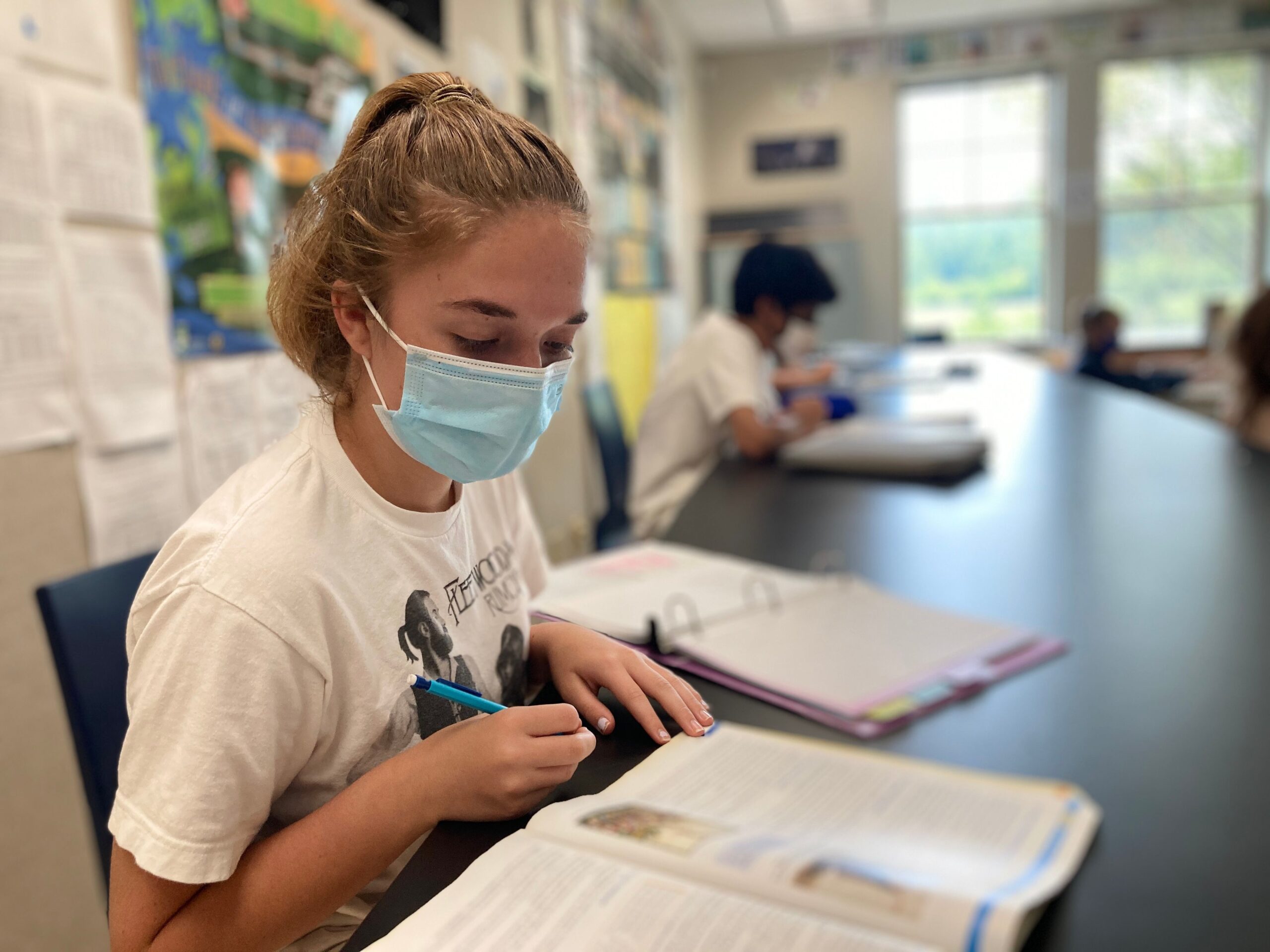The International School of Indiana (ISI) chose to return to school for in-person classroom learning in August of 2020 with every expectation of success for a healthy and productive year, in spite of the coronavirus pandemic. The school has, however, offered parents the choice of remote learning, for those who prefer this option. Kars4Kids Parenting Editor Varda Epstein spoke with ISI Head of School Elizabeth Head, to find out how this Indianapolis-based school is making in-person classroom learning work, and what steps have been taken to protect the students and the wider Indianapolis community:
Varda Epstein: ISI has chosen to have in-person classes. Why?
Elizabeth Head: The consensus view globally is that students thrive in the classroom and need to be in the classroom to develop most successfully, if it can be done safely. Starting with that reality, we needed to understand whether, or how, we could conduct in-person classes safely. We benefit from large facilities, with campuses spread over more than 60 acres, and a smaller student population relative to some of our region’s larger districts. This coupled with thoughtful, science-informed policies that meet or exceed CDC and other expert guidelines gave us the confidence to start our school year with in-person classes.
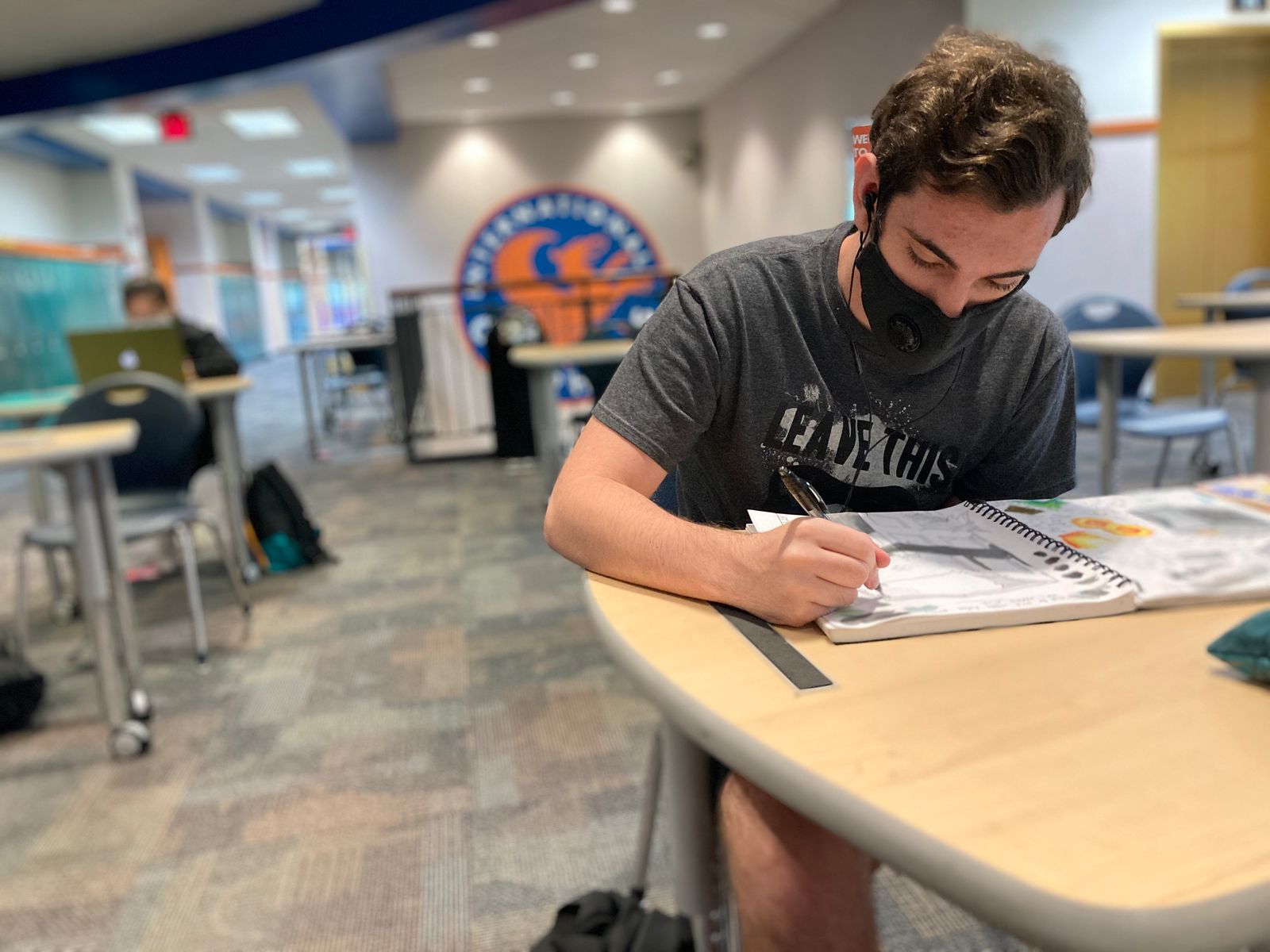
Varda Epstein: On the very first day that schools reopened in Indiana, a student was found to have tested positive for coronavirus. How did that happen? What steps are you taking to make sure it doesn’t happen at ISI?
Elizabeth Head: I don’t want to speculate on cases involving other school districts and students outside of our community, and there are press reports to be searched for those that want to understand any confirmed cases better. But, here at ISI, we have taken a conservative approach to managing student movements and interactions throughout the school day centered on a strict adherence to cohort groups that dramatically limit the number of peers any one student comes in contact with throughout the day, in most cases 15 or fewer.
Lunches are served to cohorts in their classroom of operation, and our teachers as a general rule move from classroom to classroom as opposed to students making those movements as they might traditionally. We have prohibited all campus visits beyond students, faculty, and staff. In all, we created nearly a dozen new policies as a part of our COVID-Ready Campuses initiative, posting them in a policy hub at www.isind.org/returnitinerary/policies that is regularly promoted to our community to help ensure we are all following best practices.
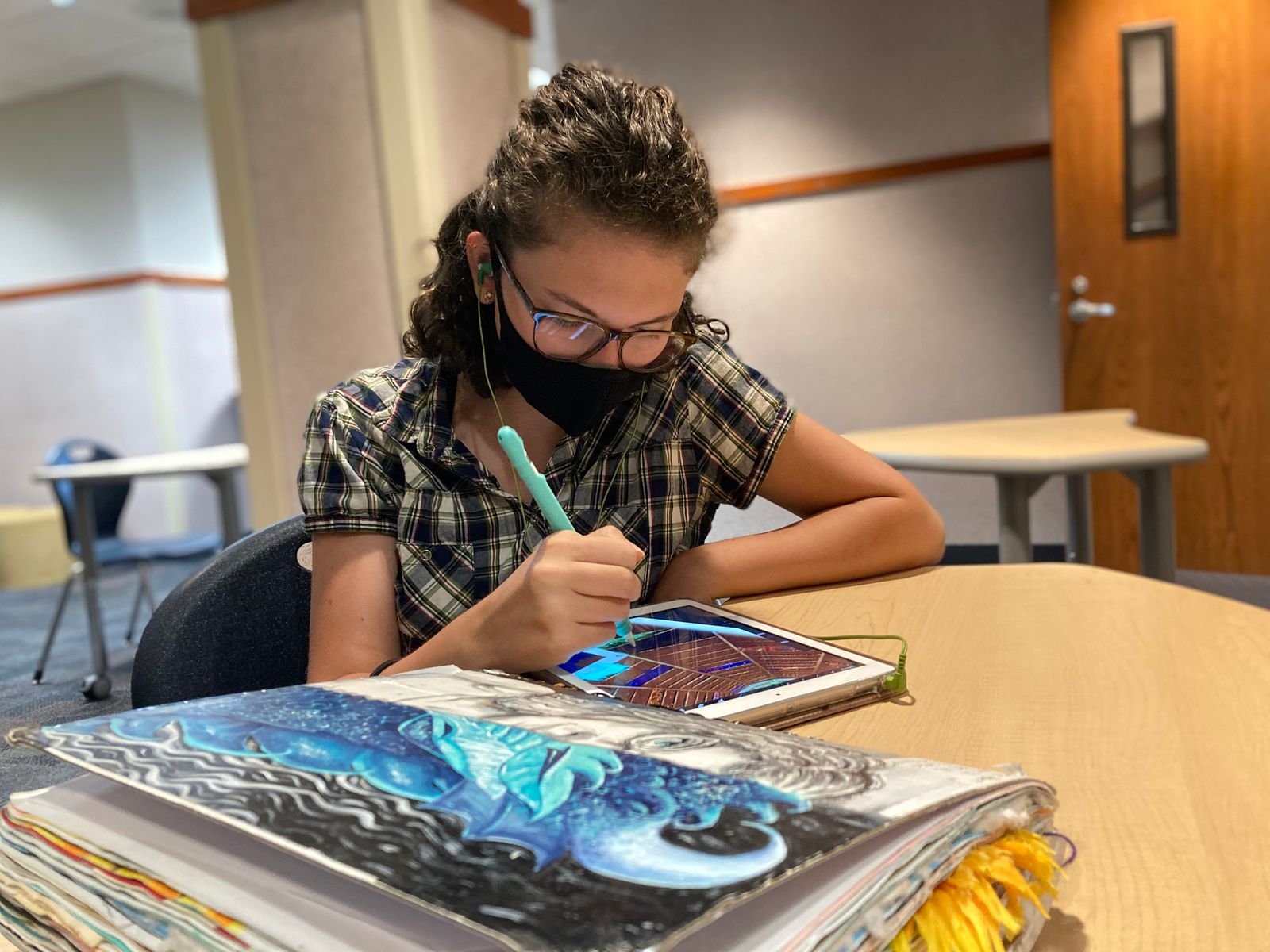
Varda Epstein: ISI students are required to fill out a questionnaire and have their temperatures taken daily. Kids are always coughing and sneezing. Isn’t it likely some will lie on the questionnaires since they’re sure they “only” have a cold?
Elizabeth Head: Our community values, rooted in our International Baccalaureate educational framework, are vital in this dynamic. We trust our students and our families understand the risks and threats posed by COVID-19, and we trust they will make the right decisions in order to protect the health and wellness of our community. And, it’s important to know that a runny nose on a given day wouldn’t necessarily lead to a student being excluded from campus for the day. Our health screenings and temperatures are meant to comprehensively assess a student’s status. Certainly, we’ll always err on the side of caution in our assessments, but we must also be realistic that the presence of a single symptom doesn’t outright indicate the presence of the virus.
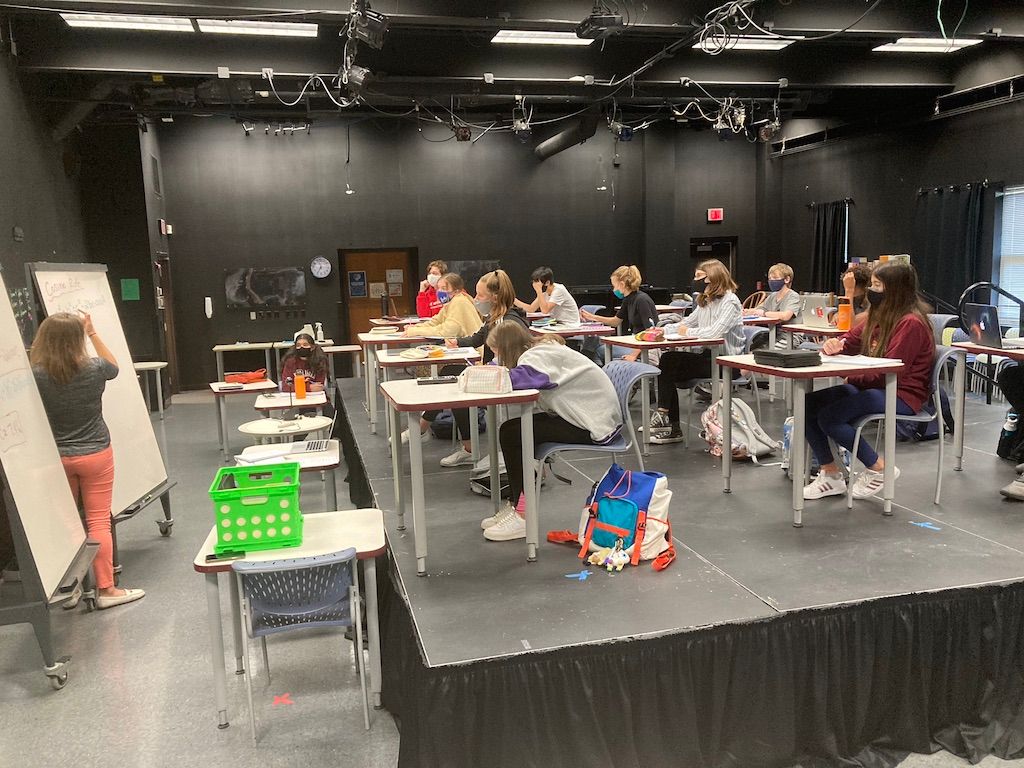
Varda Epstein: Can you tell us how ISI is using pods for in-person learning and why?
Elizabeth Head: Pods allow us to best manage our middle and high school students, because these grades require some limited classroom changes for our small cohort groups, despite our best efforts to limit them. So for example, our high school building has been divided into four wings, so to speak, and each grade level pod, 9 through 12, has been assigned its own wing. Cohorts within each pod are allowed movement in their wing, but not access to the entire Taurel Building, our high school facility. In this way, we can support more efficient and accurate contact tracing in the event of a confirmed coronavirus case.
We know exposure from a single ill student would be limited, at maximum, to a pod group. So, the pod system facilitates the limited student movement we require in our older grades without significant sacrifice to the benefits of the cohort system that limits student interactions.
Varda Epstein: You’ve designated outdoor areas on campus for the option of conducting classes out of doors. Tell us a bit about that. Have the areas been adapted for use in wet weather, too?
Elizabeth Head: Cohorts and pods have been given access to designated outdoor areas. Outdoors, students and faculty can appropriately social distance and have the relief of removing their masks for a period or two should they want to do so. In the case of our Lower School where that outdoor time is perhaps even more vital or welcomed, we did make the investment of pop-up tents to provide shade and rain cover for those cohorts that want to take advantage of outdoor learning when the weather is less fair. I must say, it’s been really nice to see our students get back to nature and reclaim the benefits of our beautiful campuses and the environment, maybe one small silver lining to having to respond to COVID-19.
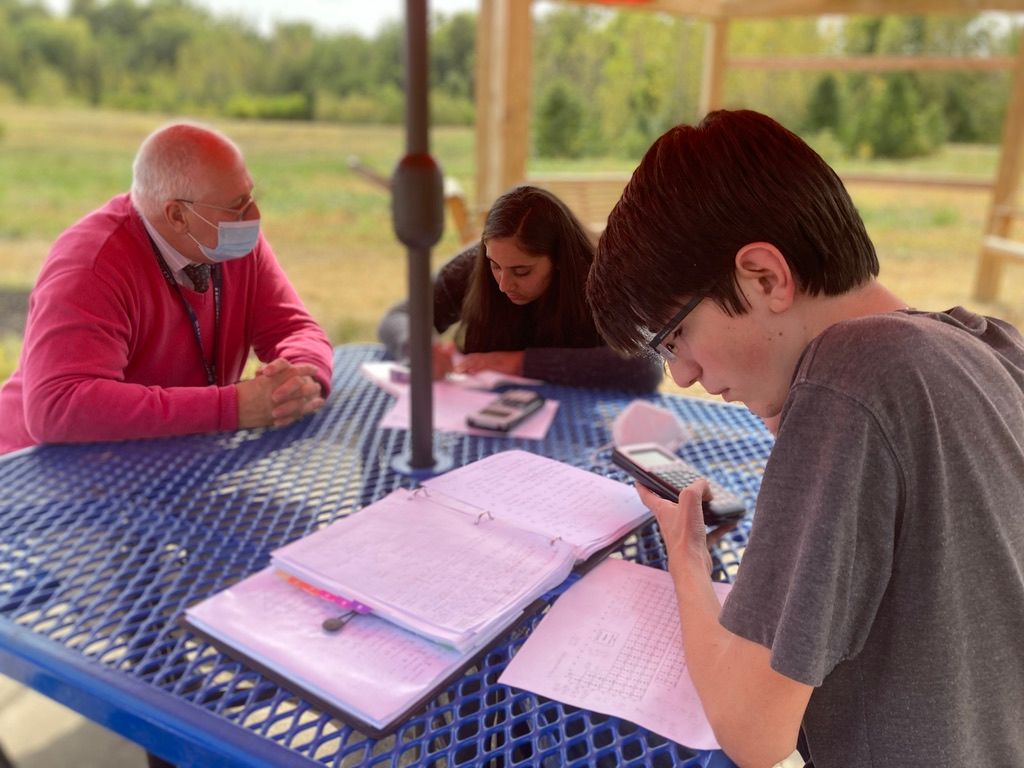
Varda Epstein: Indiana has a high rate of infection. Are some parents fearful of sending their children to school for in-person learning? How do you deal with parental concerns, considering how little information we really have about the virus and how it spreads?
Elizabeth Head: We appreciate the risk tolerance among our families varies due to the fact that we do have relatively little information about the virus and its spreads. This is why we have provided a remote learning option to families wishing to opt-out of in-person learning. In these cases, we live stream classroom activity so that remote learners can log into their classroom and participate. We’re giving families four opportunities during the academic year to switch their learning preference. At the start of school, some 20 percent of our families opted for remote learning. Our first designation change date saw that number dip to below 15% and we’re forecasting fewer than 10% of students will remain remote learners when our next change window happens in the start of October.
But, in terms of dealing with parental concerns, it is all rooted in transparency and open communication. We’ve held town halls and are operating a help line. We’re publishing answers to questions on a COVID-Ready Campuses FAQ page, and we are publishing as much detail regarding our policies and plans as we think reasonably possible. Much decision making is imperfect in a pandemic, but we can be honest and earnest in providing open, two-way dialogue between our school administration and our families, faculty, and staff.
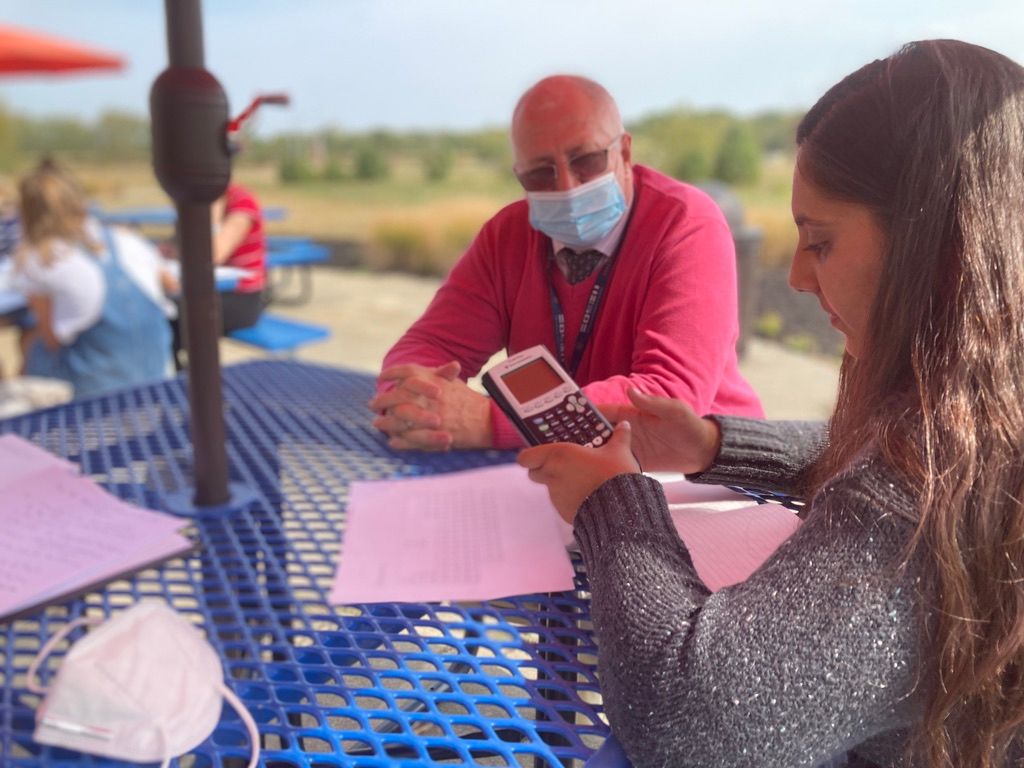
Varda Epstein: ISI recently hired an upper school principal who previously taught in China, and had to close and reopen a school in that country due to COVID-19. Can you tell us a bit about the Chinese school closure and reopening and share some of the perspectives gained through this experience?
Elizabeth Head: Richard Bruford, our new ISI Upper School principal, previously led an international school outside of Shanghai. He was on the leading edge of this global event, and his experience empowered us to make more informed and, as a result, confident decisions around the policies we’ve adopted as a school to address the pandemic. Trends in student and family reactions to certain policies, the ease or difficulty of implementing others, and simply a general sense of what is reasonable, or achievable, were all experienced or identified by Richard in China, and we gladly put that knowledge to use, understanding that some cultural differences might require minor modifications. But because of the fact that Richard’s experiences pre-dated that of our school by 6-8 weeks in most cases, access to him was like having a crystal ball of sorts.
Varda Epstein: ISI appears to have a more global perspective as an educational institution. How has the more international outlook of your school affected your policy-making decisions during the coronavirus pandemic?
Elizabeth Head: Global mobility has certainly suffered during the pandemic, and our international enrollments are down slightly as a result. This academic year we’re the academic home for just over 40 international exchange students as opposed to last year when that number was more than 60. To better answer your question though, the diversity we enjoy as a school means our community is very open-minded, comfortable with change and differences, and very supportive. These values have been essential during our re-opening of school. Much is different in the 2020-2021 school year, but students are open to the need for these changes, have easily adapted to them, and are supportive of one another in ensuring we all take the steps necessary to protect the health of our community.
Varda Epstein: How do you see the future of education what with the virus showing no signs of leaving us any time soon?
Elizabeth Head: I can’t say enough about how much I admire our ISI teachers, and I’m certain school leaders throughout the world express similar sentiments about their faculty and staff teams. The reality in front of us seems to indicate the need to continue to innovate. When the pandemic first broke in our state of Indiana in March, we had a working e-learning plan on the books but had never had to realize that plan, to really implement it. It had to be taken from theory to practice, and in less than a week, our teachers rallied, created, and launched a whole new way of teaching and learning for ISI.
I think this kind of innovation will be the cornerstone for how education stays effective and successful in students’ lives. What shape that innovation takes is more difficult to speculate on, but educators and their institutions will need to embrace this new nimbleness and collaboration that’s steered us through the early months of the pandemic.
